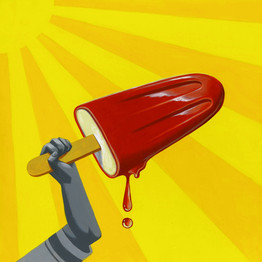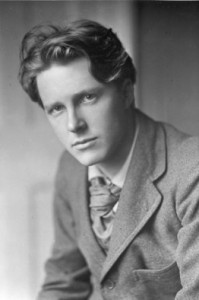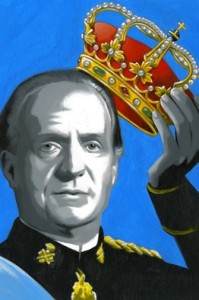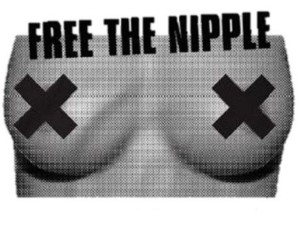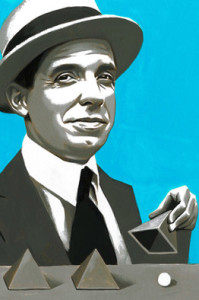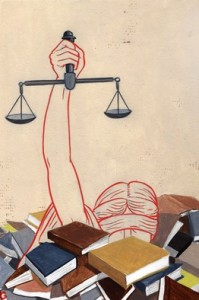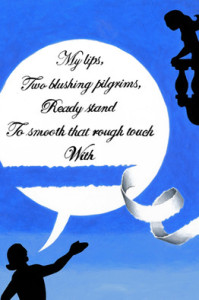 “Trigger warning” used to be a clinical phrase in psychiatry. Nowadays, the term has gone mass-market. It is often used in blogs and humanities departments to highlight a text that might upset an unsuspecting reader.
“Trigger warning” used to be a clinical phrase in psychiatry. Nowadays, the term has gone mass-market. It is often used in blogs and humanities departments to highlight a text that might upset an unsuspecting reader.
In the not too distant past, going to college meant being exposed to all kinds of subversive, rude and downright shocking literature. This often caused the authorities great unease. Plato (c. 429-347 B.C.) was the first educator to denounce the pernicious effects of the written word on impressionable minds. In “The Republic,” he argued that literature was a breeding ground for immoral behavior. The solution was to keep fiction out of the hands of children (ignorance being the sincerest form of protection). A century and a half later, in 213 B.C., the Chinese Emperor Qin Shi Huang put theory into practice and ordered the mass burning of all books save those on medicine, prophesy, agriculture and a few other topics.







